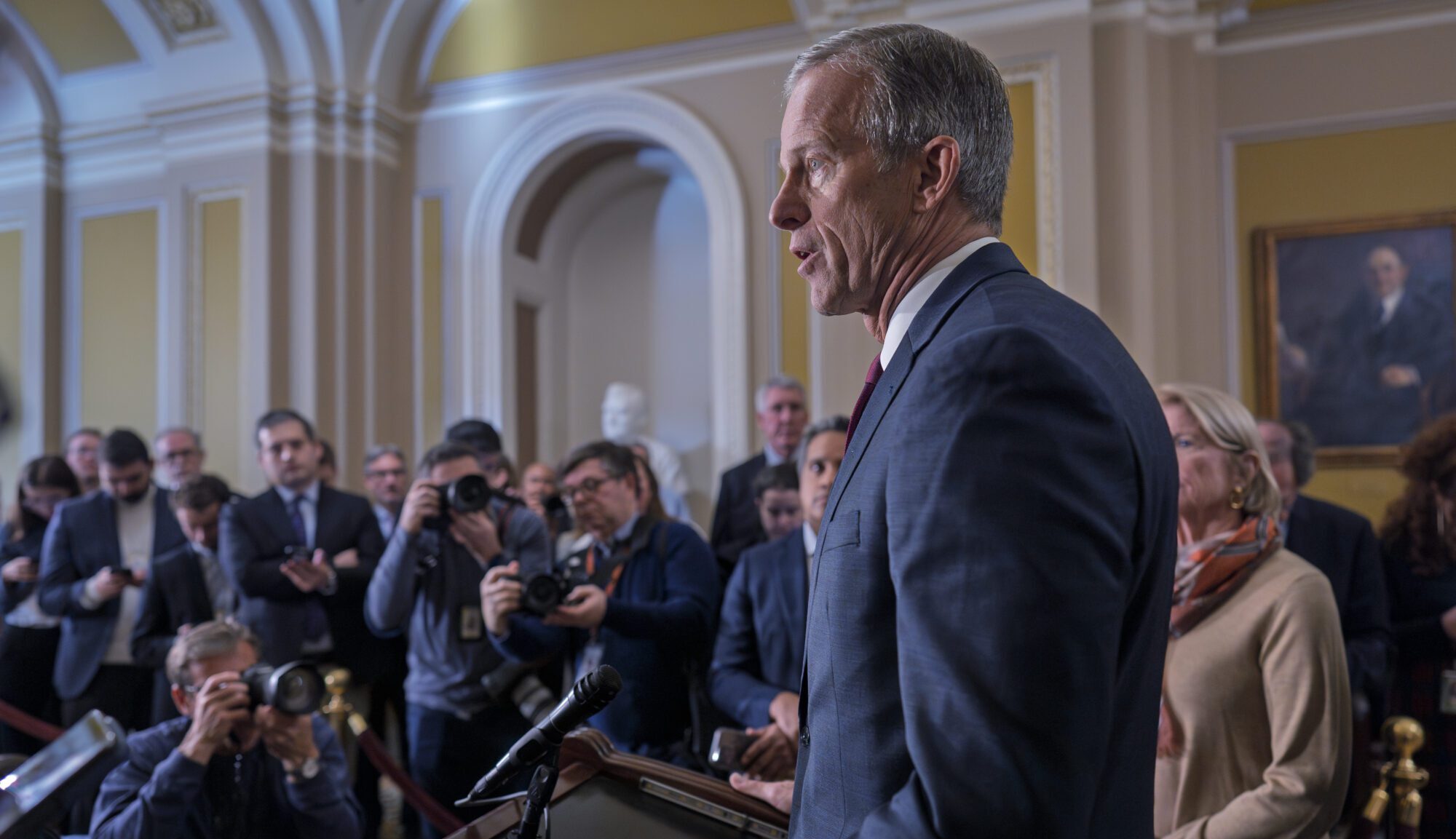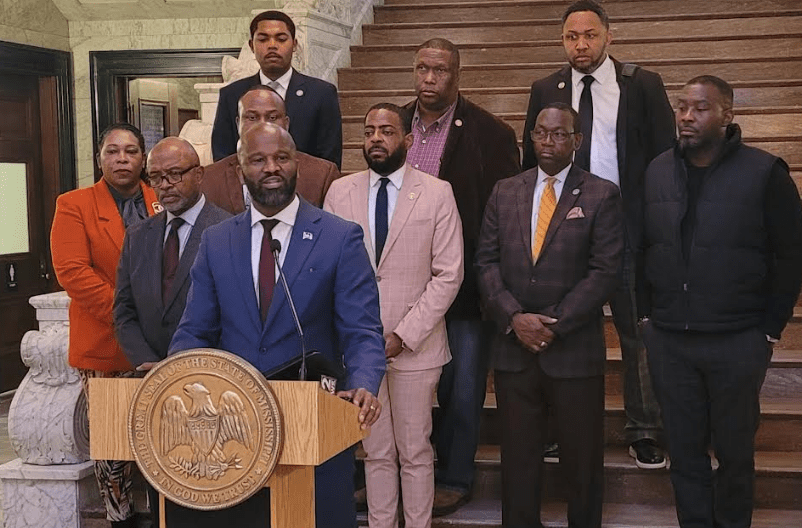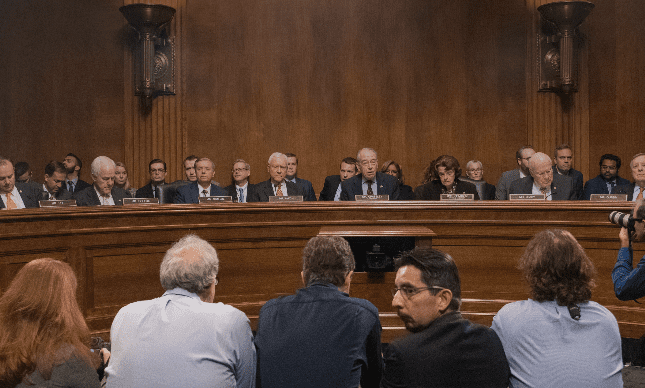Democrats’ Southern Money-Suck Strategy
Ronnie Musgrove, Mississippi’s former Democratic governor, has been telling the same story a lot recently.
In 2008, he ran against Roger Wicker for the U.S. Senate seat formerly held by Trent Lott. For a brief moment, it seemed that Musgrove might pull off the unthinkable, climbing to an 8-point lead in at least one poll. But in the end, with some major help from Republicans across the country, Wicker took care of business and kept one of the country’s reddest of red-state seats in GOP control. After the election, Musgrove says, he got a call from a very-contented Sen. Chuck Schumer.
“I know this is not much consolation,” the New Yorker said at the time, according to Musgrove, “but had you not run, the Republicans would have had $14 million to have spent across the country.” It was money that stayed out of Al Franken’s Senate race in Minnesota and Mark Begich’s race in Alaska. It was money that stayed in the South.
“Chuck, you’re right, that’s not much consolation,” Musgrove remembers telling Schumer.
But six years later, Musgrove has a different perspective on that election, one he is hoping other Democrats will take to heart: Before the party can turn the South blue, as it hopes to, there’s victory to be had by making Republicans go into the red.
Musgrove’s 2008 consolation prize has now become the semiofficial apologue of the Southern Progress Fund, the progressive organization Musgrove chairs that seeks to build up the forgotten political infrastructure for Democrats below the Mason-Dixon Line. The mission of the group, which made its maiden voyage into last fall’s Virginia attorney general’s election, relies on the ability of Democratic officials and donors to take a longer and more nuanced view of Southern elections.
“This is not a one-cycle effort,” says Musgrove, a phrase that might as well be the organization’s tagline.
The group has committed itself to small-ball politics, deciding, for now, to concentrate on state and local races, while beefing up the technological capabilities of state Democratic parties.
“With small investments, we can truly make a play here, even if we don’t make them spend money right away,” says George Shelton, a former Musgrove aide who serves as the Southern Progress Fund’s political director.
For Musgrove, the real target date is not even 2016; it’s 2020, the next chance for Democrats to redraw the congressional maps. But first things first—he’d like to end the GOP’s free ride on the Dixie Express.
National Journal
2/24/14







